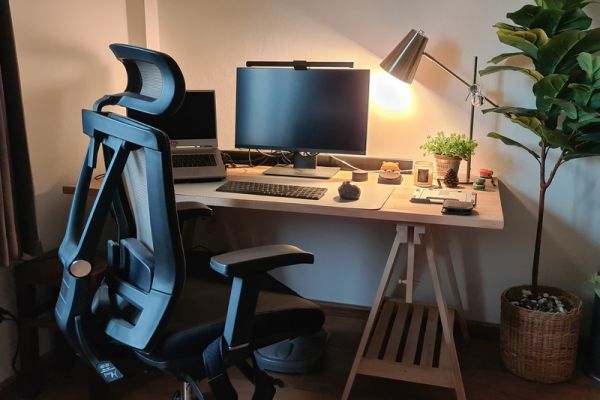Fighting the stigma of depression in men

Stereotypes of those who identify men as “emotionless” and “strong” create a stigma around those who experience mental health challenges. Experiencing a mental health challenge or reaching out for support is not a weakness and does not make the person less “manly”.
Depression is a common mental health disorder that can affect anyone, including those who identify as men. Because of this stigma, men are less likely to start the conversation or seek support when experiencing mental health challenges like depression. Read on to learn about how to support yourself and others struggling with depression.
What is depression?
Depression causes feelings of sadness and hopelessness and can result in loss of interest in the activities that were previously enjoyable. The way that a person thinks, acts, and feels changes when experiencing depression. The most common signs of depression may look or sound like:
- Feeling sad
- Changes in sleep and appetite or weight
- Decreased energy levels
- Loss of interest in previously enjoyed activities
- Difficulty concentrating
- Difficulty thinking or making decisions
- Social withdrawal
- Suicidal thoughts and/or ideations
To be recognized as depression, signs must occur for at least two weeks.
Depression is often thought of or looks like being sad or not being able to get out of bed. Research shows that in some men, depression can look like impulsiveness, risk taking behavior or angry outbursts and as a result can go unnoticed and/or mistaken for anger. This means that although there are common signs of depression, each person’s experiences of depression are different.
Men’s mental health: fighting the stigma
In Canada, 10% of men experience symptoms of a mental health disorder in comparison to 11% of women. About three times as many men than women die by suicide each year. Research also shows that depression is more commonly reported amongst women than men.
This may be due to men feeling less comfortable in acknowledging and reporting their experiences of depression. Men are more likely than women to “mask” their emotions due to social expectations of men as “strong.” This does not mean that men are not struggling or are better at coping – just because you can’t “see” depression, it doesn’t mean it's not there.
As a society we need to be a part of fighting the stigma surrounding men’s mental health. We need to create an environment that normalizes conversations around men’s mental health.
How to START the conversation
To get the conversation STARTed, it is important to create an environment that welcomes and encourages everyone, including those who identify as men, to seek mental health support as a sign of strength and resiliency. Read on to learn how to START the conversation:
S: Set the stage
Set the stage for success by learning about available mental health resources to provide emotional, social, practical, and informational support.
T: Timing
Timing is everything – choose a time when you are able to provide your full attention to the person with no distractions.
A: Ask
Ask open-ended questions and listen to what the person says in response. Try starting your questions with “How,” “What,” and “Tell me,” as opposed to “Are” and “Do.”
R: Reflect
Engage in reflective listening by paraphrasing what a person has said to you to show them that you are listening. Try using phrases like “It sounds like you” or “What I’m hearing is.”
T: Think
Think about how you would want someone to speak with you if you were the one struggling. Express empathy (insert empathy blog) and affirm the person’s strengths and avoid blaming, labeling or judging.
Remember, this is just the START of the conversation and you should not stop here. It is important to offer continued support, follow-up, and let the person know that you are there for them. There continues to be stigma around mental health, specifically for those who identify as men, and it is up to us to be the change and break the cycle.
If you ever feel like you need support, please reach out. Our mental health professionals can help. Check our locations page to find a clinic near you or book online to schedule an appointment.
This blog was written by Elise Kopman & Reem Al-Kas, 2nd year OT students at University of Western Ontario
Related Articles
Understanding minority stress: How to be an 2SLGBTQI+ ally
How occupational therapy can help address mental health concerns
Don't put off the care you need - here's why
Supporting our veterans with focused, holistic care
#GetReal for Mental Health Week: How I am holding up during the COVID crisis
Psychotherapy at a distance: Using Virtual Care to support mental health
How to set up your work environment when working from home
How my daughter’s Occupational Therapist made a difference
How occupational therapy can help with concussion management
Keep yourself safe at work and out of physio
Let's keep in touch!
SIGN UP TO GET HEALTH AND WELLNESS INFO RIGHT TO YOUR INBOX
Subscribe to receive the latest health and wellness news and information in your inbox every month.
By subscribing you agree to our privacy policy. You can unsubscribe at any time.

















































































We can help you move and feel better.
Book an appointment today.